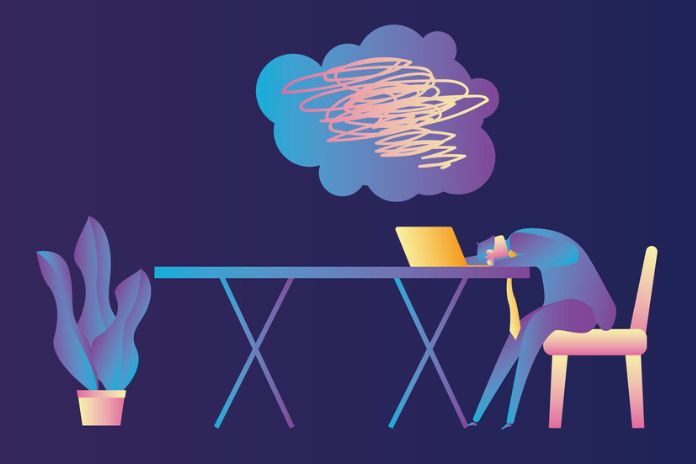We can call it “spring sickness,” the sensations of tiredness, exhaustion, and drowsiness that characterize the spring months. The body must adapt to new rhythms thanks to the change of season and the transition from solar time to summer time. It is not a serious condition and usually resolves naturally over a few weeks.
However, some people need help to adapt to the new rhythms during this period. Due to tiredness, mood swings, and difficulty concentrating, they experience problems carrying out daily activities. Sleep disturbances that arise in the spring months are often accompanied by disabling headaches, especially in the hours following waking up, and cause drowsiness for the rest of the day.
What Are The Causes Of Sleep Disorders In Spring?
In the spring months, the climate changes, and these changes also have consequences on our bodies. Seasonal changes affect sleep and mood, and the problem is accentuated when we refer to people who are already going through a particular moment of psychophysical stress. Disturbed sleep affects mental and physical well-being, relationship skills, and concentration in the workplace or school.
In people who have insomnia, with the transition to summertime, the problem could worsen, with consequences on the tiredness perceived during the day. Lengthening the days and hours of light can alter melatonin production, the hormone that regulates the sleep-wake cycle and is produced above all between 2 and 4 in the morning. These alterations cause initial insomnia, i.e., difficulty falling asleep or late insomnia, which causes awakening several times at night.
Spring Fatigue: The Symptoms
The main symptom caused by the climatic changes typical of Spring is insomnia which, as we have said, is caused in particular by alterations in the production of melatonin. Lack of nocturnal sleep also causes additional symptoms, including:
- Heachache
- Tiredness and exhaustion during the day
- Mood swings
- Anxiety
- Difficulty concentrating
Tiredness And Sleep In Spring: The Remedies
The first and fundamental step to deal with spring fatigue is implementing precautions that can contain insomnia, positively influencing melatonin production. To promote restful sleep, you should always go to bed, wake up at the same hours, even on holidays, and sleep in a well-ventilated, dark, and noise-free room. Helpful to regulate the sleep-wake rhythm and also avoid the intake of alcohol, caffeine, and nicotine, especially 6-7 hours before sleep.
Furthermore, those who eat in an unbalanced way, with dinners that include particularly fatty and heavy meals, could have a more restless night’s rest. For this reason, it is advisable to maintain a balanced diet and, especially in the evening, prefer easily digestible dishes to be consumed by 8-9 pm.
Several foods help us relax: pasta, rice, bread, barley, lettuce, pumpkin, radicchio, cabbage, fresh cheeses, yogurt, boiled eggs, fresh fish, almonds, and walnuts. Specifically, pasta, rice, barley, cheese, and fish contain an amino acid, tryptophan, which promotes serotonin synthesis, a fundamental neuro mediator for well-being, relaxation, and deep sleep.
Physical activity during the day can help you get more tired in the evening, but practicing sports in the 3-4 hours before sleep is not recommended. In case of deficiencies, you can also resort to supplements that help restore the right levels of melatonin and give an adequate supply of all vitamins, mineral salts, amino acids, and substances necessary for the correct functioning of the body. Finally, herbal teas with chamomile, hawthorn, linden, valerian, and mint can promote relaxation and sleep.
Also Read: Health: Is Sleep The Best Home Remedy For A Cold?

